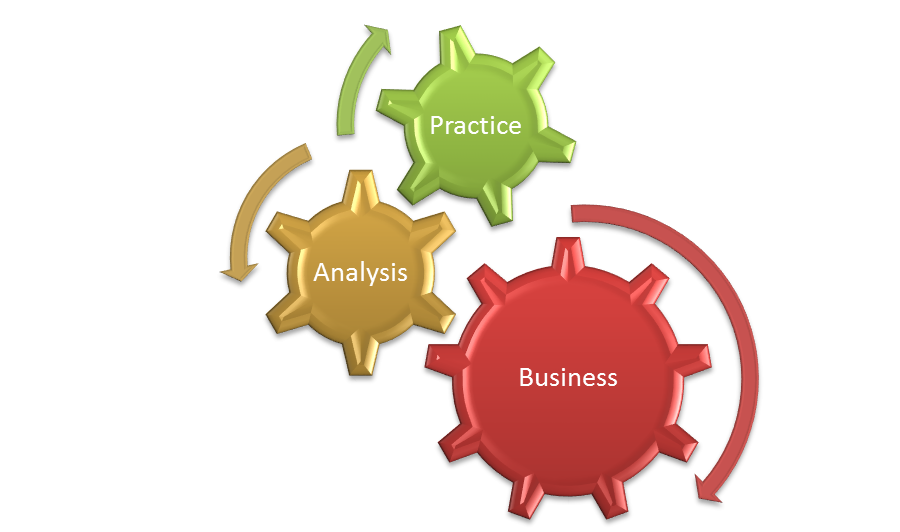Warrington, located 20 miles east of Liverpool and on the banks of the River Mersey, has an estimated population of 207,700, more than double that of 1968 when it became a New Town. Warrington is the largest town in the county of Cheshire.
Warrington was founded by the Romans on the River Mersey. Later the Saxons established a new settlement at the same place. During the Middle Age, it developed as a market town. Since then the textile and tool industry flourished in Warrington.
In history of Lancashire, the growth and development of Warrington matched with the Industrial Revolution, mainly after the Mersey was made navigable in the 18th century. The West Coast Main Line begins from north to south through the town. The Ship Canal of Manchester divides through the south of the borough. The motorways such as M6, M62 and M56 creates a partial box around the town.
The latest Borough of Warrington was made in 1974 by the merging of the former County Borough of Warrington, the Warrington Rural District, the Lymm Urban District, part of the Runcorn Rural District, part of the Golborne Urban District, , and part of the Whiston Rural District.
Sports
Rugby league is the town's important sport in the form of Warrington Wolves. The club moved in 2003 to the Halliwell Jones Stadium, Wilderspool Stadium. Warrington RLFC is the only team to have played every season in the top flight of rugby league. They recently put themselves back on the map as one of the leading rugby clubs in the country by taking home the Challenge Cup for two years running in 2009 and 2010 and a further triumph in 2012. This was won by them for the first time since 1973. They also reached the Cup Final in 2016, where they lost to Hull FC. 2011 also saw the Wolves gain the Super League Leaders Shield for the first time (which they won again in 2016), and 2012 saw them appearing in the Super League Grand Final for the first time versus Leeds Rhinos with the chance to become only the third team to win the Challenge Cup/Grand Final double – however, they lost. They also reached the Grand Final again in 2013 and 2016, losing to Wigan Warriors both times.

 ENQUIRE
ENQUIRE
 REQUEST CALLBACK
REQUEST CALLBACK
 GET A FREE QUOTE
GET A FREE QUOTE


 Introduction
Introduction Course Details
Course Details Course Content
Course Content





 London
London